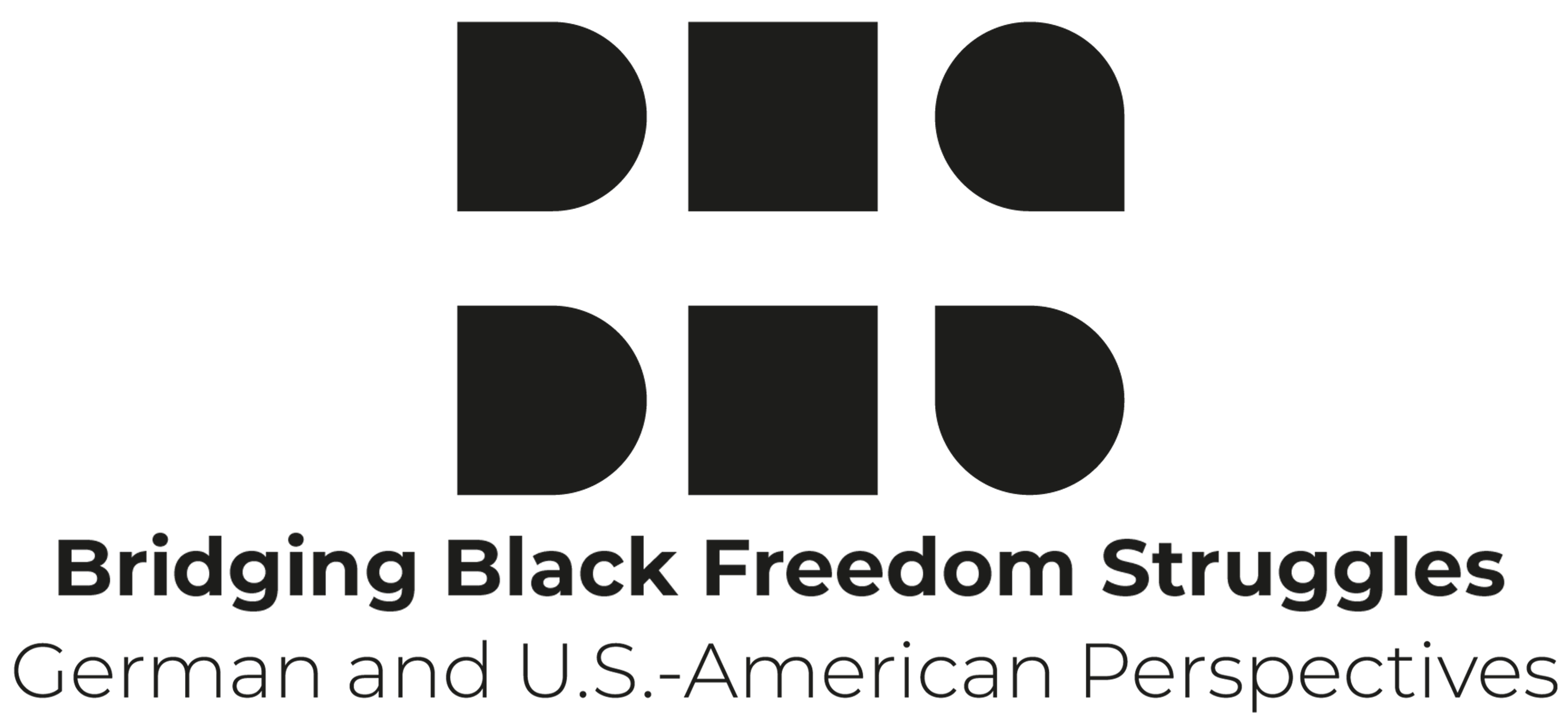2nd Workshop, Bridging Black Freedom Struggles
March 14-16, 2023
This workshop seeks to theorize ecology as a wider critical field, encompassing questions of the natural world and human-made structures, as well as the sociopolitical, religious, and memorial architectures that both inhibit and enable Black liberation. Black freedom cannot be thought without the intersecting critical ecologies of presumed normalcy; without considering the structures, formations, and positions—built and metaphorical—that shape anti-Black racism and simultaneously offer a point of attack for the struggle for Black liberation.
Based on Imani Perry’s concept of the “practices of inequality”, locating racism in mundane everyday behaviors as well as in recurring narratives, and focusing on feminist/womanist thought and abolition democracy, we propose to look at the frameworks that enable these practices to take hold and heighten their sociopolitical significance. As Black liberation rests on the institution of just structures and the equal recognition of the matter of Black lives, it seems essential to consider the ways in which different ecologies, environments, and frameworks partake in Black freedom struggles.
The intersecting ecologies considered in this workshop, thus, range from understanding the term in the traditional sense, including questions of environmental justice, ecocriticism, and the differential distribution of precarity in climate change, to sociopolitical structures such as the conditions in what, for example, Tommie Shelby calls poor urban neighborhoods with their correlation between segregation and concentrated disadvantage. The discussion similarly includes religious, theological, and historical ecologies that shape understandings of ‘the human’ and its different ways of being in the world. It analyzes, for instance, how the Bible is used as justification or as tool in the fight against both white supremacy and the devaluation of the Earth. It engages in cultural and memorial practices and assumptions, which link to the built environment and artistic practices, creating the room for critical consideration of commemoration, memorialization, and for activism that reshapes contemporary engagements with the past, history, and the social
constructions of Blackness. Considering these different approaches, we propose to look at processes of radical visualizing, restructuring, rereading, and recentering practices within the critical ecologies in contemporary movements for Black liberation and to articulate their wider implications in a global and transnational perspective.
Organizing team:
Venus Bender, American Studies, Frankfurt
Dominik Gautier, Protestant Theology, Oldenburg
Nicole Schneider, American Studies, Eichstätt
Our second workshop is generously supported by the DFG and the Bavarian American Academy.
